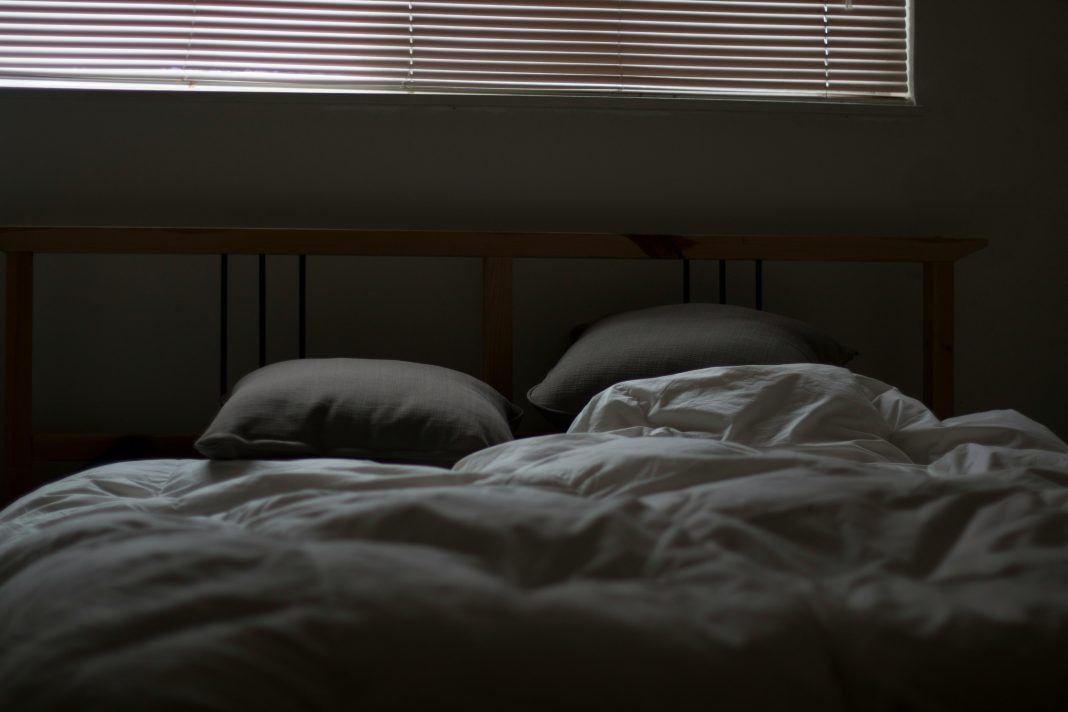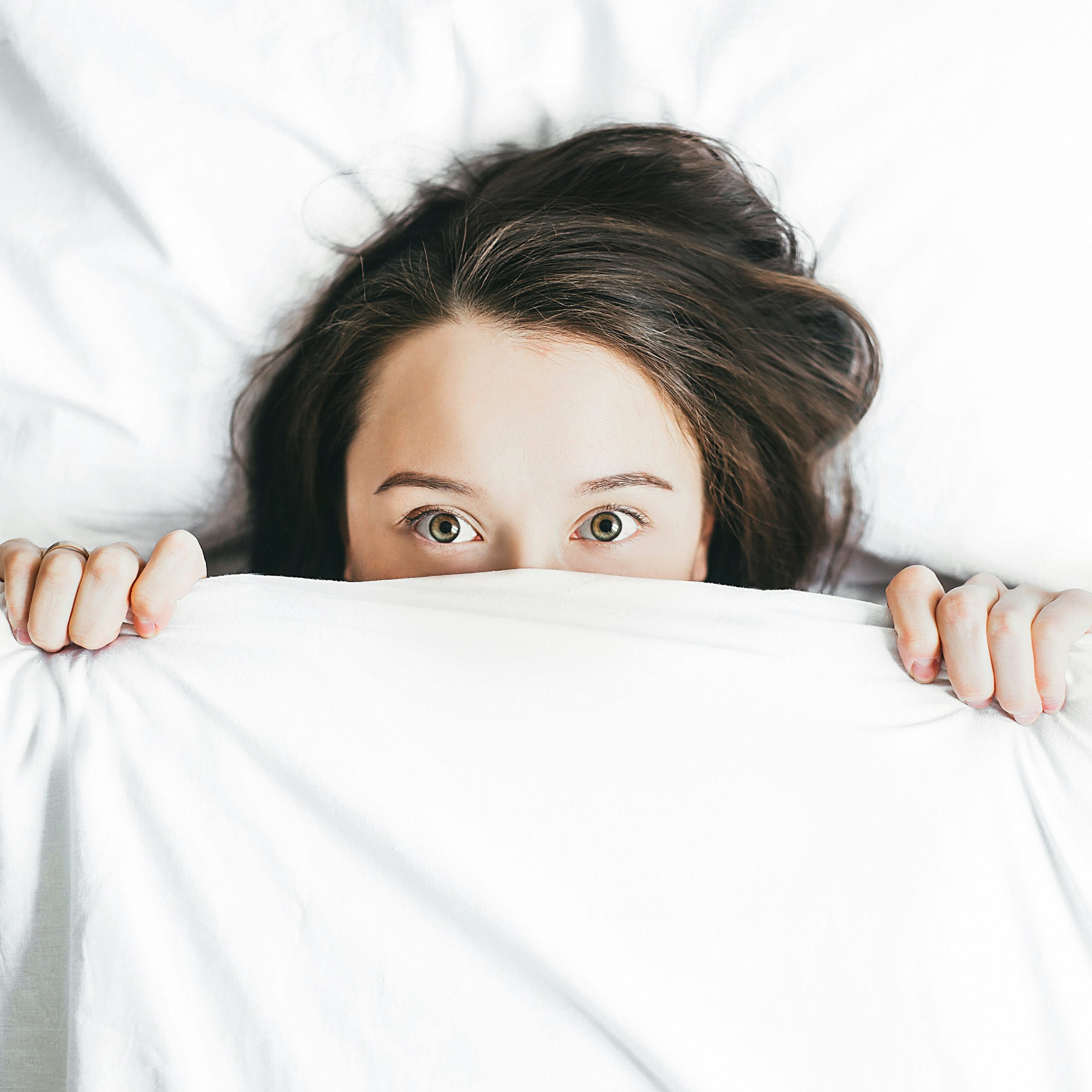No matter who you are, sleep is essential for your health. But when life gets busy, it can be one of the first things to get neglected or sacrificed.
Getting enough sleep is just as important as eating healthy foods or getting enough exercise.
This article will dive into the benefits of quality sleep and help you determine how many hours per night is optimal.
How much sleep do you need?
Everyone has unique needs and preferences, and individual sleep requirements are no different.
However, the amount of sleep you need per night is primarily determined by your age.
According to the CDC, recommendations for sleep duration are broken down by age group:
- Older adults (65+): 7 to 8 hours
- Adults (18 to 64 years): 7 to 9 hours
- Teenagers (14 to 17 years): 8 to 10 hours
- School children (6 to 13 years): 9 to 11 hours
- Preschoolers (3 to 5 years): 10 to 13 hours (including naps)
- Toddlers (1 to 2 years): 11 to 14 hours (including naps)
- Infants (4 to 12 months): 12 to 15 hours (including naps)
- Newborns (0 to 3 months): 14 to 17 hours
Some people might need more or less sleep than recommended, depending on the following factors.
Genetic makeup
According to researchers, your genetics are a determining factor in how many hours of sleep you need per night.
Some genetic mutations can affect how long you need to sleep, what time of day you prefer to sleep, and how you respond to sleep deprivation.
For example, those with one specific genetic mutation need only around 6 hours, whereas people without it require about 8 hours, on average.
However, your genetic makeup isn’t something you can change, and there’s no practical way to know whether you carry one of these mutations.
Therefore, it’s essential to pay attention to how you feel to determine whether you’re getting the right amount of sleep.
Sleep quality
The quality of your sleep can also affect how much you need.
If your sleep quality is low, you may still feel tired after getting what should be considered enough sleep.
Conversely, if you’re getting good quality sleep, you may manage better with a little less.
Short sleep duration and low sleep quality are responsible for many adverse sleep-related effects. For example, a 2019 study found that low sleep quality was associated with higher perceived stress.
So, it’s not only important to focus on sleeping long enough, but also on sleeping well enough.
Additionally, many common sleep disorders can negatively affect sleep quality, such as sleep apnea. If you often feel like you aren’t sleeping well or are extremely tired and don’t know why, it’s a good idea to check in with a healthcare professional.
Sleep repairs the body
Sleep is more than just a time for your body and mind to rest. In fact, while you’re asleep, your body remains active.
Research shows that during this time, your body rebuilds muscles you’ve worn down during the day and removes toxins in the brain that accumulate while you’re awake. It’s also essential for keeping your memories intact.
Sleep is vital when it comes to regulating your emotions. A 2022 study found that chronic sleep deprivation can increase negative emotional states such as anxiety and depression.
Sleep deprivation can also affect your body’s ability to regulate essential functions like appetite management, your immune system, metabolism, and body weight.
Lastly, sleep is vital in maintaining your circadian rhythm or internal clock.
Your inner biological clock runs on an approximately 24-hour schedule, controlling the sleep-wake cycle.
Not sleeping long enough, sleeping at odd times of the day, and exposure to bright light at night can disrupt your internal clock and the many processes it regulates.
While it’s essential to get enough sleep each night, it’s also important to get good quality sleep.
There isn’t a consensus on what defines sleep quality. However, researchers say it may be determined by how long it takes you to fall asleep, how often you wake up during the night, how rested you feel the next day, and how much time you spend in different stages of sleep.
Since sleep is essential for many aspects of good health, getting enough each night should be a high priority.
Sleep deprivation
Experts estimate that about 1 in 3 adults and 2 in 3 high school students don’t get enough sleep each night.
Not getting enough sleep can cause issues other than feeling tired, such as affecting cognitive performance.
Sleep deprivation can also impair driving ability. A 2018 study found that sleep deprived individuals had an increased risk of motor vehicle accidents. Those who slept for 4 hours or less have a crash risk comparable to drivers with a blood alcohol concentration of 1.5 times the legal limit.
According to researchers, getting low quality or not enough sleep can increase your chances of developing chronic diseases like diabetes, obesity, and heart disease.
Researchers have also found that sleep deprivation increases the risk for Alzheimer’s disease.
Tips for better sleep
Since quality is important, try to ensure you’re sleeping well all night.
Here are a few tips to improve your sleep:
- Follow a regular schedule: Going to bed at the same time each night helps regulate your inner clock. Following an irregular sleep schedule has been linked to low sleep quality and duration.
- Create a calming bedtime routine:Adopting a relaxing routine before bed can help you get in the mood to sleep. For example, listening to music has been shown to help improve sleep.
- Create a comfortable environment: It’s important to practice good sleep hygiene before bed. Sleeping in a quiet, dark room at a comfortable temperature can help you sleep better.
- Minimize caffeine, alcohol, and nicotine: Researchers have linked caffeine, alcohol and nicotine use to lower sleep quality. Try to avoid caffeine in the afternoon and evening.
- Reduce your use of electronics: The excessive use of cell phones and electronics has been associated with low sleep quality. Even exposure to bright room lights before bed may also negatively affect your sleep.
- Be more active: Studies have shown that being inactive is associated with worse sleep. Getting exercise during the day may help you sleep better at night.
- Practice meditation: Meditation and relaxation training may improve sleep quality and brain function.
Takeaway
Sleep needs vary by person, and several factors may affect what you need. However, for most adults, 7 to 9 hours per night is the ideal amount.
Pay attention to how you feel during the day to determine whether you’re getting the right amount for you.
If you’re sleeping enough, you should feel awake and energized during the day. If you often feel sluggish or tired, you may need to sleep more.
To make the most out of bedtime, create good habits, such as minimizing your caffeine and alcohol intake, following a regular sleep schedule, and creating a comfortable sleeping environment.
Cre: HEALTHLINE










